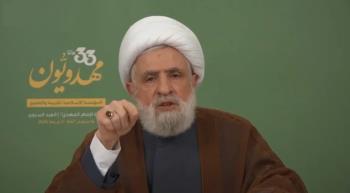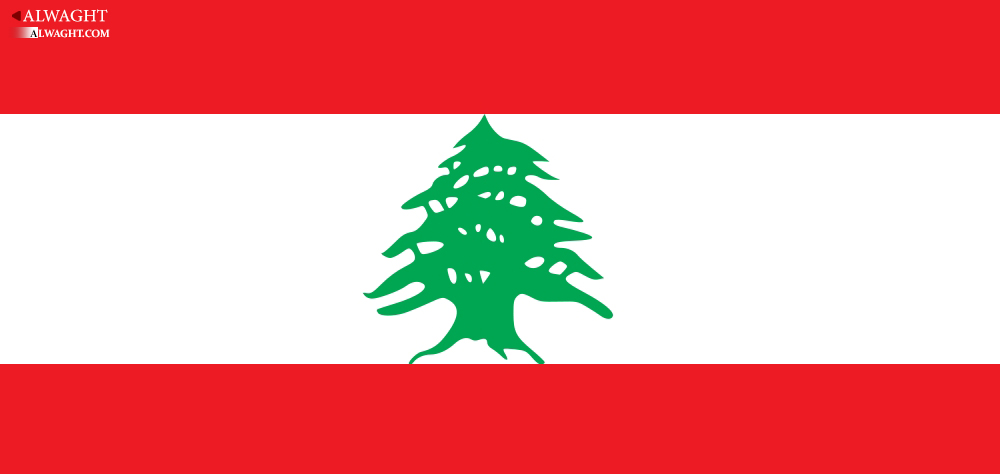Alwaght- Lebanon may be just a small Mediterranean country, but these 10,452 km² of land bordering Syria and occupied Palestine have always been a hot spot in the region. Politicians and analysts have repeatedly said that stability in Lebanon should not be underestimated for the lack of it can have regional repercussions. This year was quite eventful; from the election of a president to continual fighting against terrorist cells to the assassination of a top Hezbollah commander.
- Perhaps the most talked about event is the election of Michel Aoun as president, ending a two-year political impasse. The former army general, head of the Free Patriotic Movement, and Hezbollah ally, was officially elected on October 31st. He won the support of 83 MPs, among whom were members of the March 14th coalition. A turning point that helped end the presidential vacuum was Future Movement Saad Hariri’s concession to support Aoun in exchange for political reinstatement.
- In March, Hezbollah Secretary-General Sayyid Hasan Nasrallah threatened to retaliate harshly for any Israeli attack against Lebanon. Speaking on al-Mayadeen TV, Sayyid Nasrallah warned that the resistance was ready to respond to any Israeli attack. "Israel knows that Hezbollah has missiles that can strike anywhere in its territory," Nasrallah said. The leader cited several Israeli installations, including nuclear facilities close to cities, saying they "are legitimate targets if Israel attacks Lebanon."
- Additionally, Hezbollah asserted that it is not affected by new US sanctions because its funding comes directly from Iran, not via Lebanese banks. This statement came after Washington announced fresh sanctions against Lebanese financial institutions that work with the group. In May, Lebanon’s central bank instructed other institutions to comply with the measures.
- In another anti-resistance move, the [Persian] Gulf Cooperation Council ([P]GCC) as well as the Arab League declared Hezbollah a “terrorist” group. A day earlier, Sayyid Nasrallah had accused Saudi Arabia of mounting pressure on Lebanon to silence the only group that dares to speak up against its atrocities.
- 2016 was also marked by the assassination of top Hezbollah Commander Mustafa Badreddine in Syria. On May 13th, the Lebanese resistance group announced the martyrdom of the senior commander, who was being tried in absentia for alleged involvement in the assassination of former Prime Minister Rafik Hariri. In a statement, Hezbollah said that a huge blast hit one of the resistance centers near Damascus airport.
- Meanwhile, the Lebanese army continued to confront terrorist groups in eastern Lebanon, particularly in the border town of Arsal. Several terrorist commanders and militants have been apprehended or killed during clashes and army raids.
- Despite the crucial role the army is playing in eradicating terrorists, Saudi Arabia cancelled its promised aid package. In February, Riyadh suspended a $3 billion aid package for the Lebanese army, claiming it to be a response to Beirut's failure to condemn attacks on Saudi diplomatic missions in Iran. Iranians had raided its missions to protest the execution of a Shiite Muslim cleric over his political stances. Hezbollah, on the other hand, said the decision was a result of the kingdom's spending on its military aggression against Yemen, and due to low oil prices.'
- The country also continued to deal with a mounting Syrian refugee crisis. There are approximately 550,000 refugees who fled the war in Syria currently residing in Lebanon. Many of them live in makeshift tents set up by humanitarian groups. The government is receiving foreign assistance in providing basic necessities for displaced Syrians amid rising tensions.
- After months of political wrangling, Lebanon's cabinet announced a four-year plan to end the waste crisis in the country. In March, following a malodourous eight-month crisis, the government approved a "temporary plan" to open two new landfills, scrapping earlier plans to export the trash. However, uncollected garbage continue to stink in several areas of the capital.
Lebanon is a place of many contradictions. It is the home of the resistance as well as a hub for anti-resistance groups. It is a place where socio-economic and geopolitical factors play a vital role in shaping local and regional developments. As 2016 nears its end, many hope that Lebanon will witness more stabilizing events in the year to come.



























